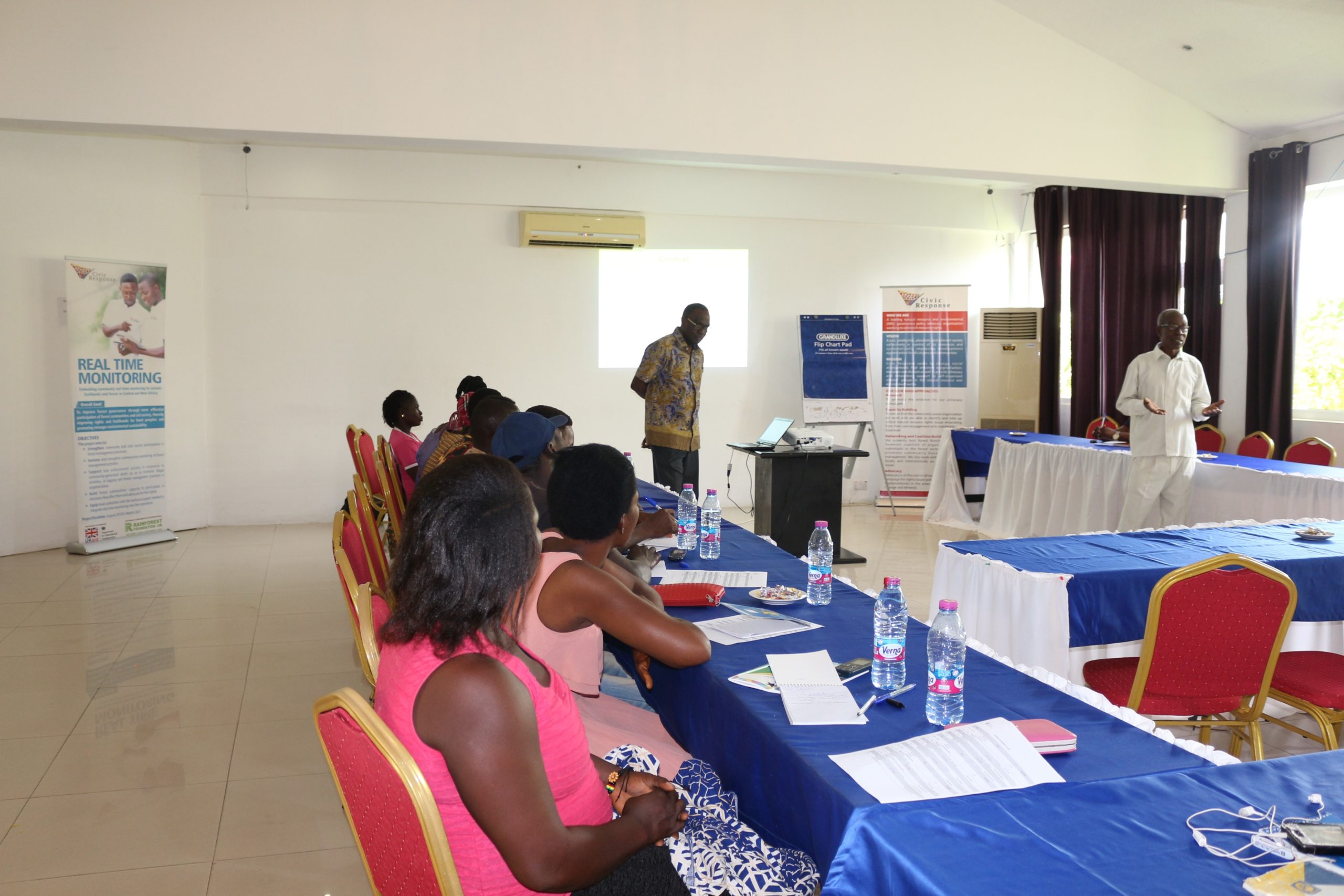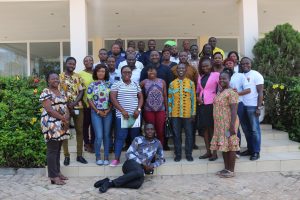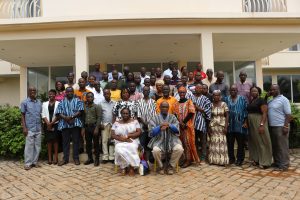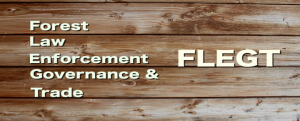Civic Response has trained 50 forest-fringe community members in forest law, monitoring, and advocacy. The 3-days training which took place in Accra in two instalments in March 2020 aimed at equipping forest fringe communities with knowledge about their rights and responsibilities regarding the forest. The training also aimed at building their capacities to engage in monitoring and reporting illegalities which occur in forests.
Although progress has been made in tackling illegal logging in Ghana through the development of the Ghana Wood Tracking System (GWTS), the Ghana Timber Transparency Portal on the GWTS, as well as legislative reforms to enhance forest law enforcement, the need for robust monitoring to ensure the integrity, credibility of the GWTS and FLEGT licences issued cannot be over-emphasized. Effective monitoring requires the involvement of communities whose only source of financial benefit from forest management are timber companies’ compliance with Social Responsibility Agreements (SRAs). However, some logging companies often fail to fulfil their social responsibilities to communities within the stipulated 5 kilometre radius of their logging operations, or fail to negotiate and pay farmers compensations for crops destroyed during logging. This is mostly because most forest-fringe communities are even not aware of their rights and responsibilities with regards to forests. Neither are they aware of the rights and responsibilities of other forest stakeholders towards them. It is for this reason that Civic Response organised this training.
The community representatives were taught about the need for community participation in forest monitoring, logging operations in Ghana (areas of community interest), securing community interest in SRA processes, understanding and negotiating compensation for destroyed crops during logging in off-reserve, tree tenure policy processes and planted trees registration processes, as well as causes and impacts of climate change (REDD+ Safeguards), especially how communities activities contribute to climate change, and what they can do to minimize emissions caused by their activities. The participants were selected from communities in seven districts (Asante Akim South, Jasikan, Birim North, Dormaa, Assin Fosu, Nkawie, Asutifi North) across the Ashanti, Oti, Eastern, Bono, Central, Ahafo regions. At the end of the training, the community representatives developed action plans to guide their activities back in their communities.
The participants expressed appreciation for the training, indicating that it had enlightened them on several issues they were otherwise ignorant off and expressed the desire to put it into practice in their communities.
This training was held under the auspices of the Embedding community real time monitoring to sustain livelihoods and forests in Central and West Africa project, which is being implemented by Civic Response in partnership Rainforest Foundation UK with funding support from UKAid.




